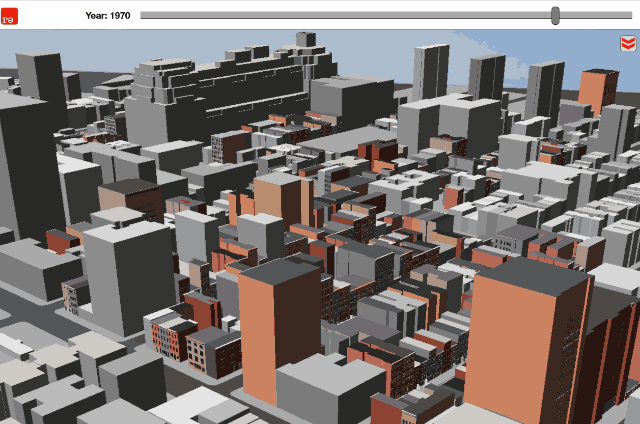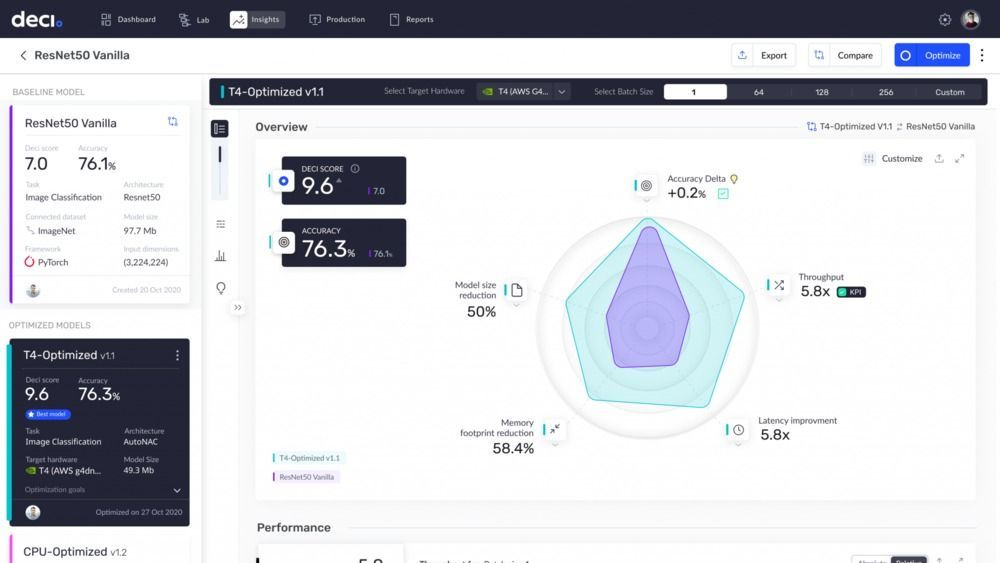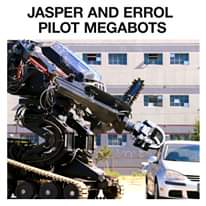Tuomas Sandholm, a computer scientist at Carnegie Mellon University, is not a poker player—or much of a poker fan, in fact—but he is fascinated by the game for much the same reason as the great game theorist John von Neumann before him. Von Neumann, who died in 1957, viewed poker as the perfect model for human decision making, for finding the balance between skill and chance that accompanies our every choice. He saw poker as the ultimate strategic challenge, combining as it does not just the mathematical elements of a game like chess but the uniquely human, psychological angles that are more difficult to model precisely—a view shared years later by Sandholm in his research with artificial intelligence.
“Poker is the main benchmark and challenge program for games of imperfect information,” Sandholm told me on a warm spring afternoon in 2018, when we met in his offices in Pittsburgh. The game, it turns out, has become the gold standard for developing artificial intelligence.
Tall and thin, with wire-frame glasses and neat brow hair framing a friendly face, Sandholm is behind the creation of three computer programs designed to test their mettle against human poker players: Claudico, Libratus, and most recently, Pluribus. (When we met, Libratus was still a toddler and Pluribus didn’t yet exist.) The goal isn’t to solve poker, as such, but to create algorithms whose decision making prowess in poker’s world of imperfect information and stochastic situations—situations that are randomly determined and unable to be predicted—can then be applied to other stochastic realms, like the military, business, government, cybersecurity, even health care.







